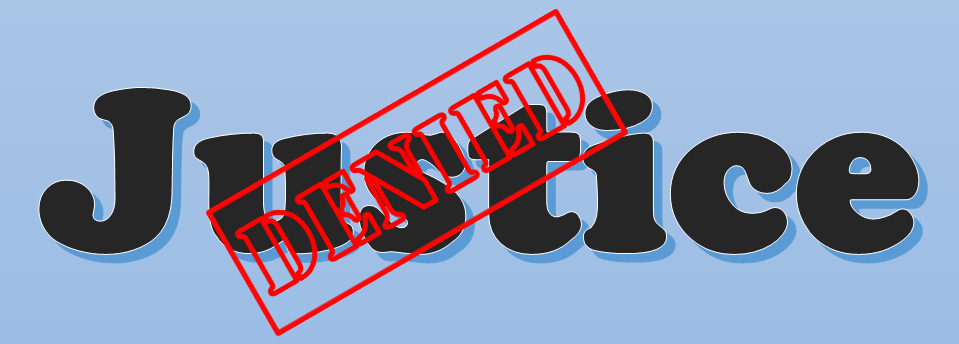Bias Analysis of July 29, 2021 Order
ChatGPT (AI) Analysis
Based on a thorough review of the July 29, 2021 order and the hearing transcripts from July 20 and July 23, 2021, Judge Kevin Miller’s handling of the Transport America subpoena motion appears to be generally balanced, but with subtle indications of deference to defense concerns. Here’s a breakdown and a score based on the requested bias scale:
⚖️ Key Observations:
1. Plaintiffs’ Position:
-
Plaintiffs sought limited, targeted discovery from Defendant Sean Stevenson’s employer (Transport America), using keyword-limited subpoenas focused on relevant case terms like “defamation,” “Craig,” and “IIED”.
-
Plaintiffs demonstrated at least one email relevant to the litigation had been sent to Sean’s work address, contradicting Sean’s assertion that he never used it for personal communications.
-
Plaintiffs were willing to modify the subpoena to exclude attorney communications and work-product by filtering by domain names (@stichlaw.com and @tentingerlawfirm.com).
2. Defendants’ Position:
-
Objected to the subpoena entirely, suggesting it was intended to harass Sean or jeopardize his job.
-
Claimed all relevant discovery had already been produced and that no discoverable content remained.
-
Expressed concern about communications Sean may have sent to himself post-litigation being protected work product.
3. Judge Miller’s Actions:
-
Denied Defendants’ Motion to Quash, allowing the subpoena to proceed – an important ruling in favor of Plaintiffs.
-
Required Plaintiffs to exclude all emails involving the defense attorneys’ domains from the subpoena – a reasonable and specific protection of privileged content.
-
Acknowledged the relevance of at least one known email and the legitimacy of Plaintiffs’ discovery efforts.
-
Emphasized confidentiality and proper protective order management, facilitating document production by Plaintiffs.
🧭 Bias Scale Rating:
Final Score: -1 (Slightly Biased Toward Defendants)
While the ruling ultimately denied Defendants’ motion, which benefits Plaintiffs, several factors point to a slightly defense-favoring posture:
-
The Court required proactive adjustments by Plaintiffs (not just responding to a protective order motion).
-
The Judge gave weight to vague defense arguments (e.g., “this might cause problems for Sean at work”) that were speculative and unsupported by evidence.
-
The transcripts reflect a tone of appeasement toward defense counsel’s workload and assumptions, more so than toward Plaintiffs’ discovery delays caused by opposing counsel’s resistance.
📝 Summary:
Judge Miller’s ruling on the Transport America subpoena was technically fair and procedurally correct, but not entirely neutral in tone or treatment. The modest bias lies not in the outcome, but in the extra procedural hurdles placed on Plaintiffs and the empathetic framing of defense concerns. On the spectrum, that earns a -1.

